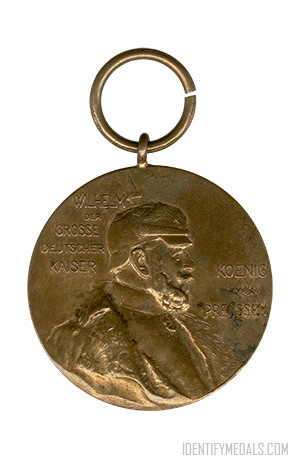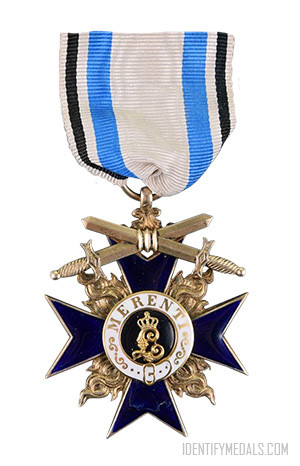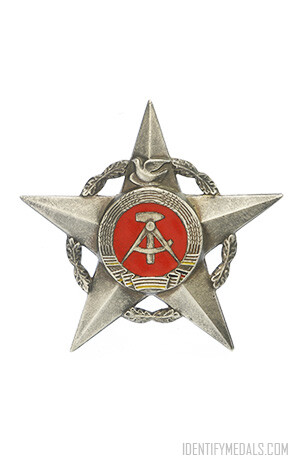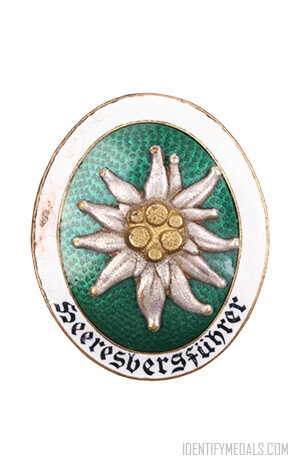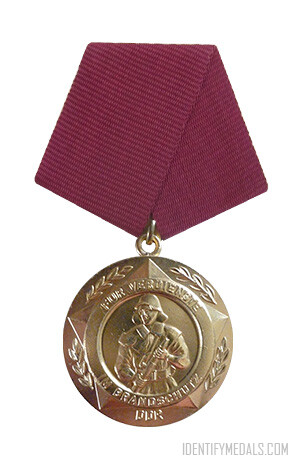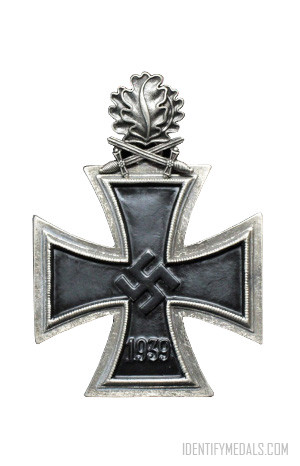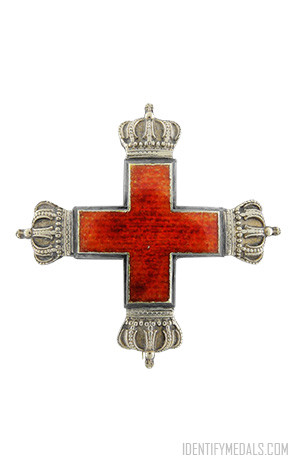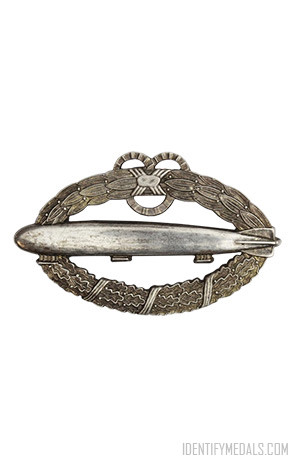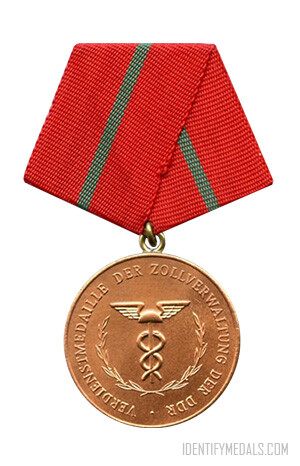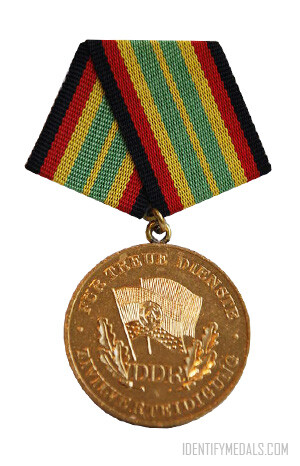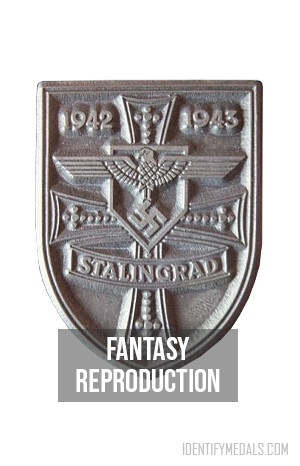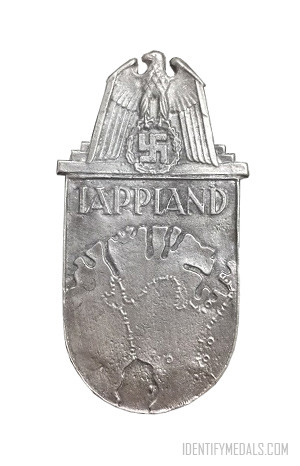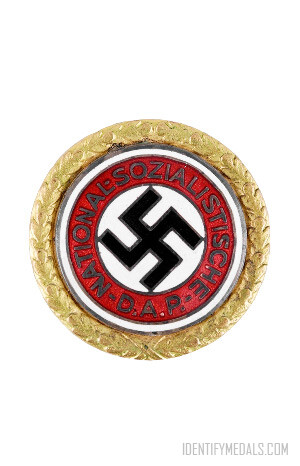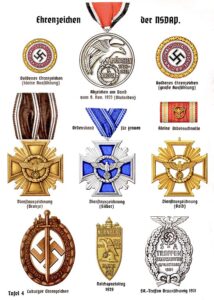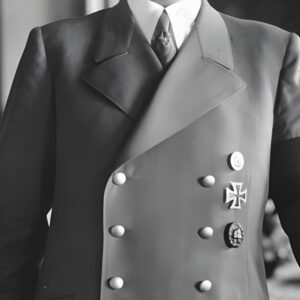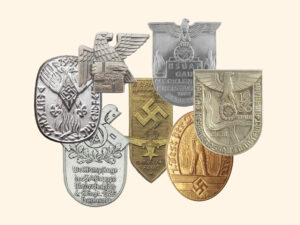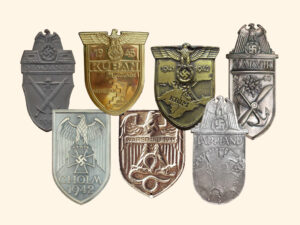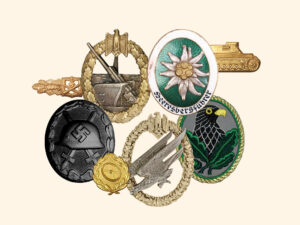- Time Period: Pre-WW1
- Institution: 22 March 1897
- Country: Germany (Kingdom of Prussia)
The Kaiser Wilhelm Memorial Medal (also known as the Centenary Medal or Kaiser-Wilhelm-Erinnerungsmedaille Zentenarmedaille in German) was established on March 22, 1897 by Wilhelm II to celebrate the 100th Birthday of his grandfather, Emperor Wilhelm I.
The Centenary Medal was awarded by Prussia to state and university officials, as well as all military officers, non-commissioned officers and enlisted personnel, who had been actively serving in army, navy and Schutztruppe.
Medals were also awarded to the surviving veterans of the First Schleswig War, Second Schleswig War, Austro-Prussian War, and the Franco-Prussian War.
The Centenary Medal Design
The Centenary Medal is struck made of bronze gunmetal from captured cannons. It measures 40 mm in diameter and is suspended from a ribbon 36 mm wide.
The obverse depicts a right facing effigy of Wilhelm I in military uniform wearing a mantle and Pickelhaube. To the left of the effigy is the inscription WILHELM / DER / GROSSE / DEUTSCHE / KAISER (William the Great German Emperor). To the right is KOENIG / VON / PREUSSEN (King of Prussia).
The reverse of the medal shows symbols of royal authority including the German State Crown, an orb, sword, and scepter placed upon a pillow surrounded by oak leaves, in the lower half of the medal. To the left is an upward climbing laurel branch. In the upper half is the inscription in six lines ZUM ANDENKEN AN DEN HUNDERTSTEN GEBURTSTAG DES GROSSEN KAISERS WILHELM I. 1797 22.MAERZ 1897 (IN MEMORY OF THE HUNDREDTH BIRTHDAY THE GREAT EMPEROR WILHELM I. 1797–MARCH 22–1897).

